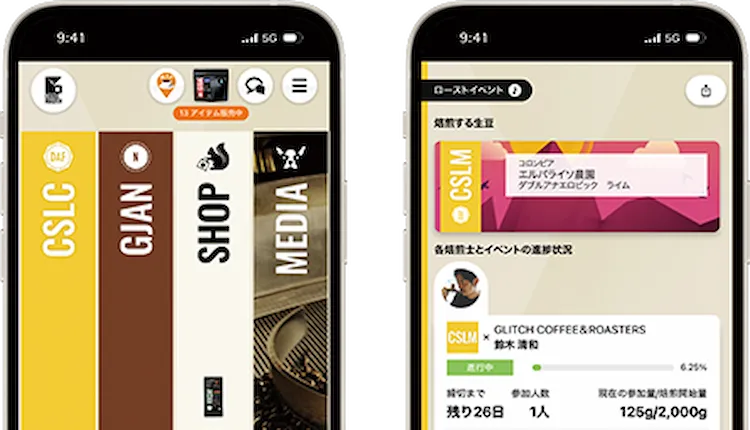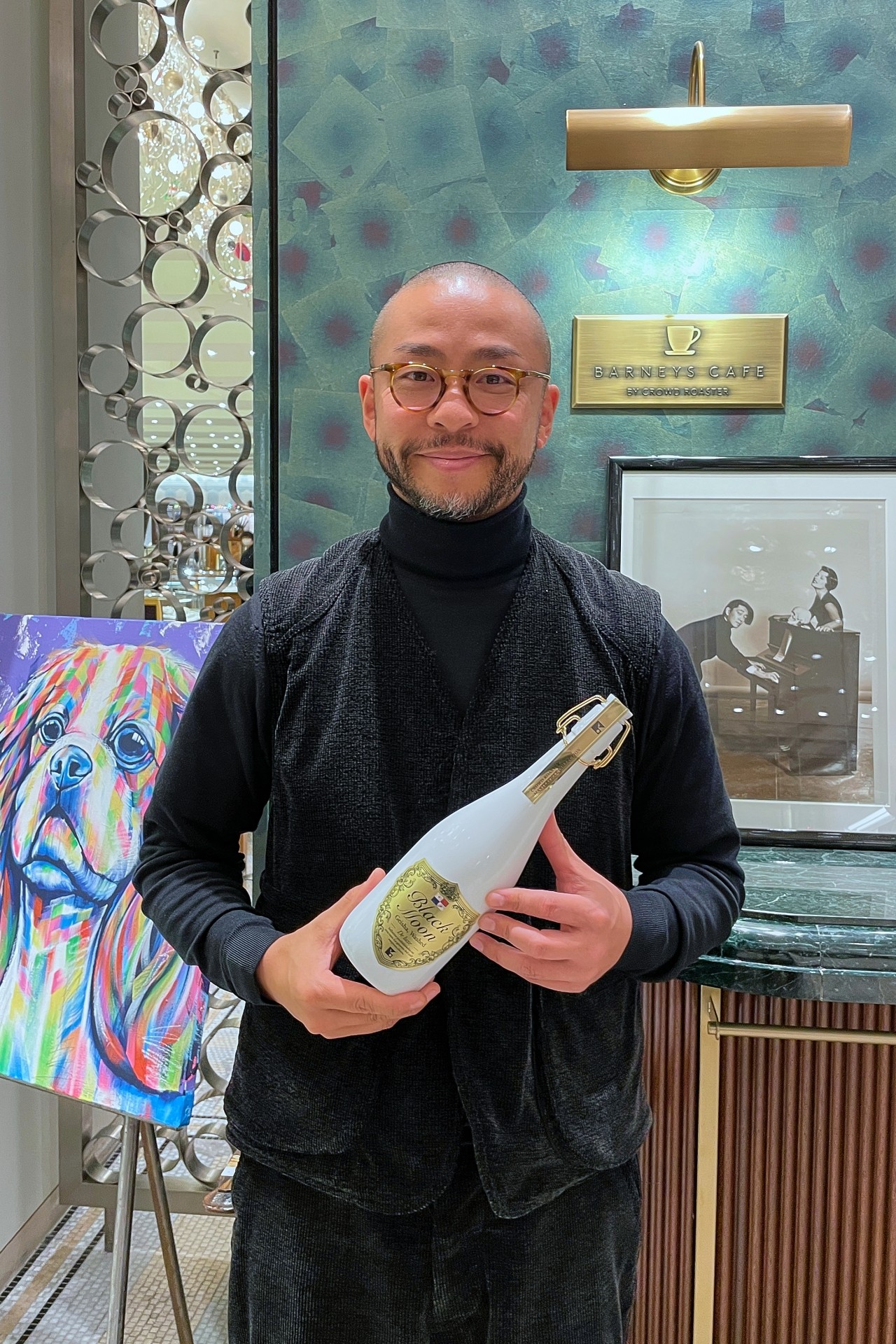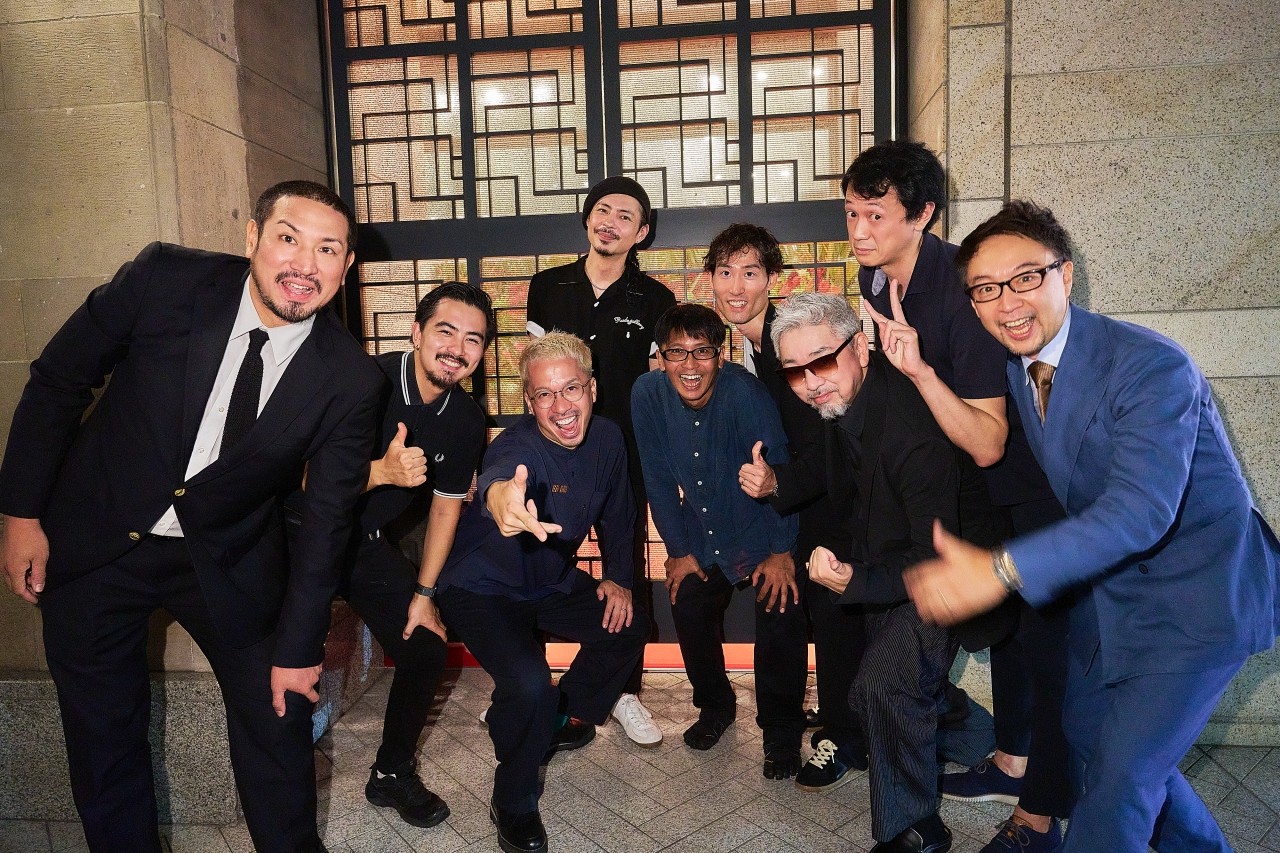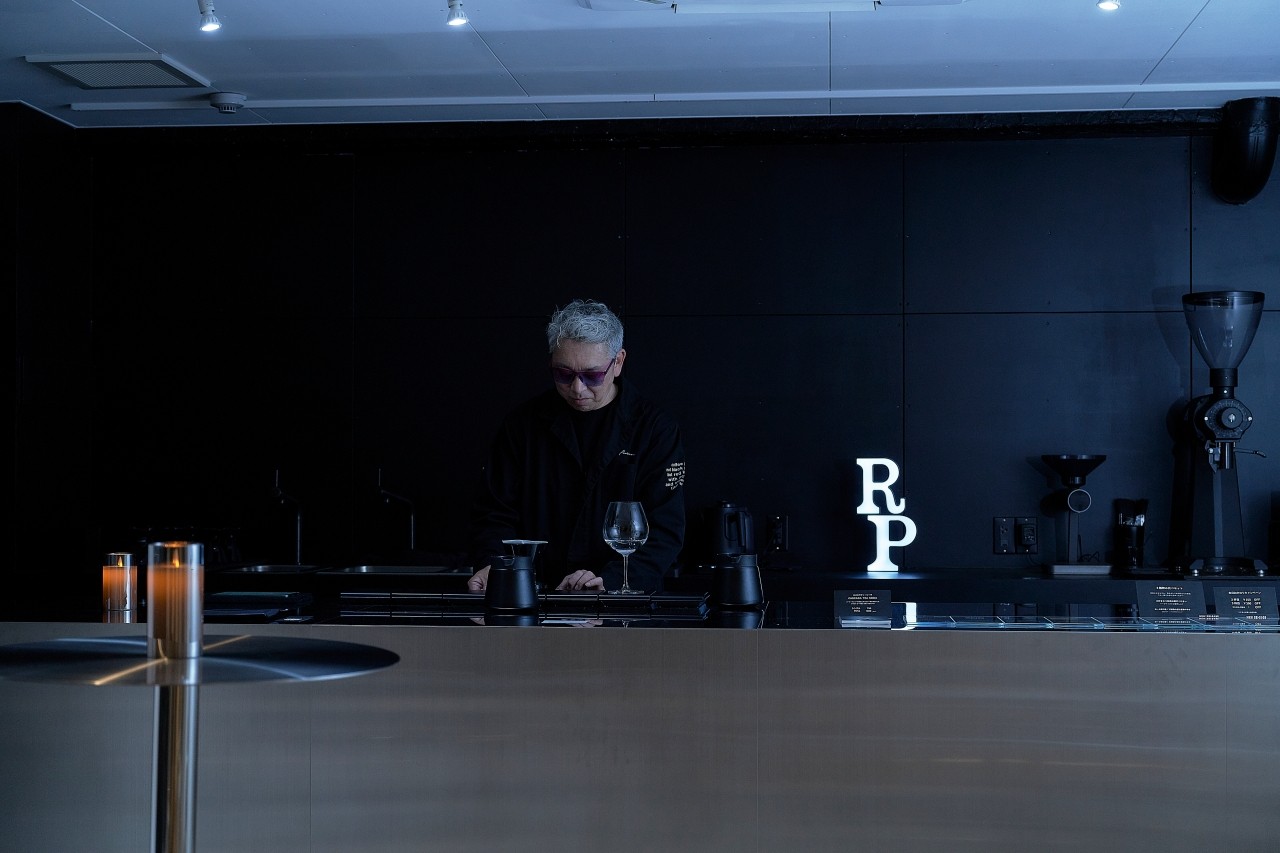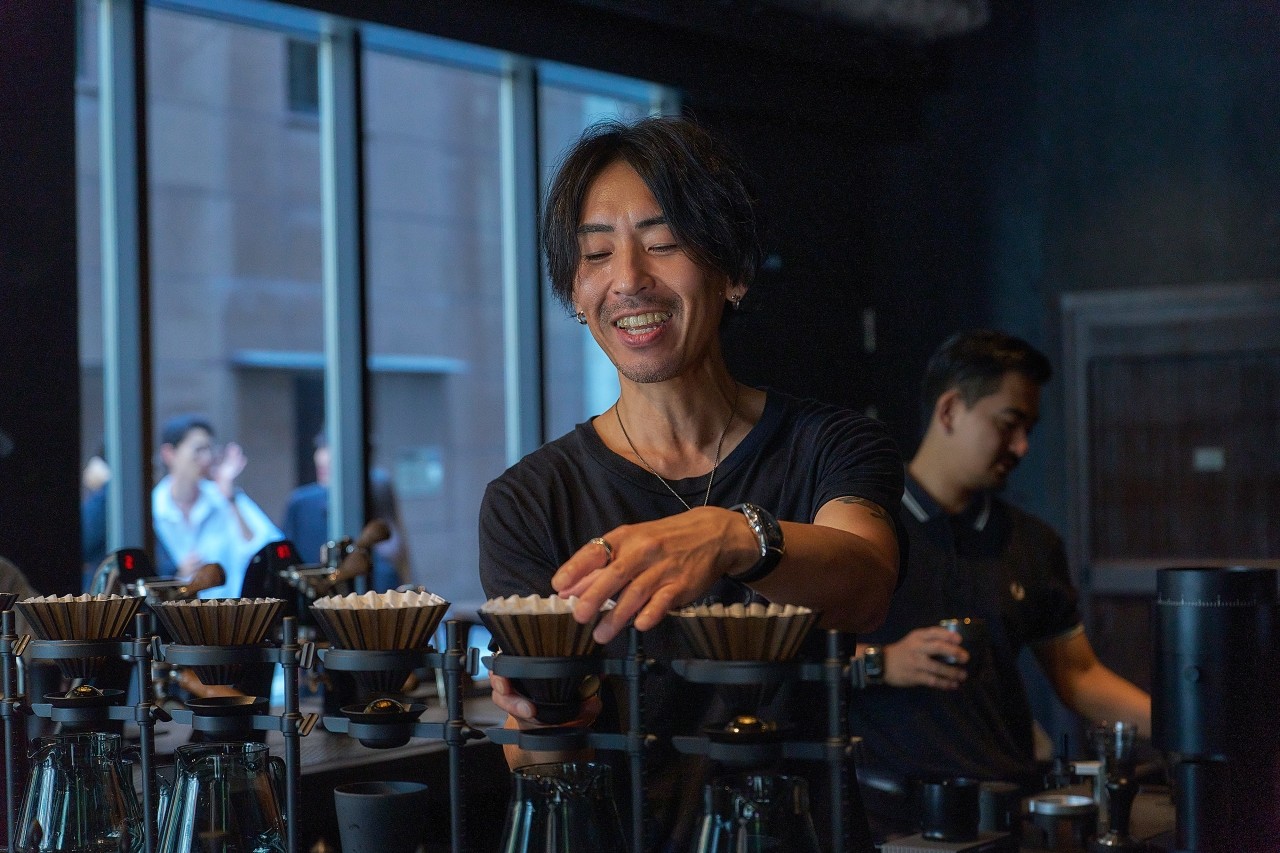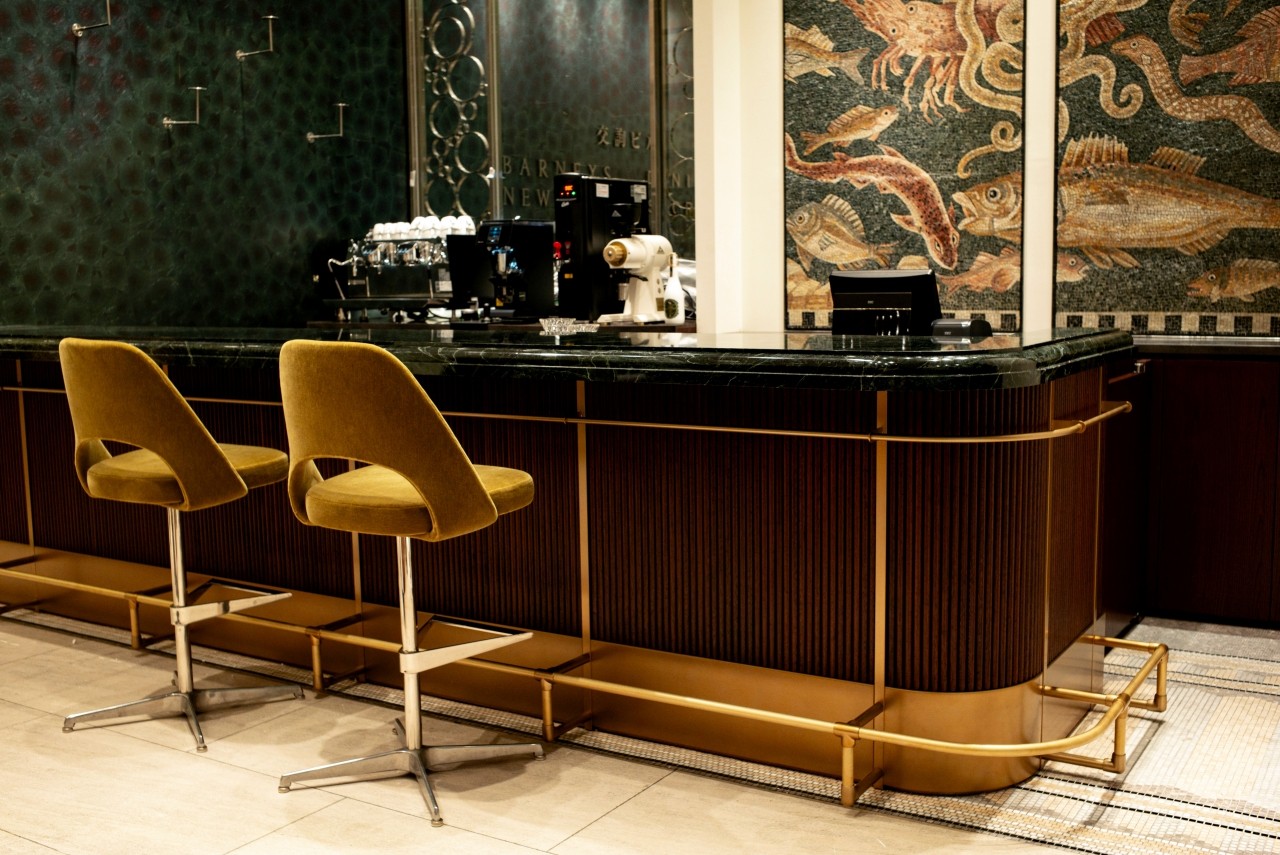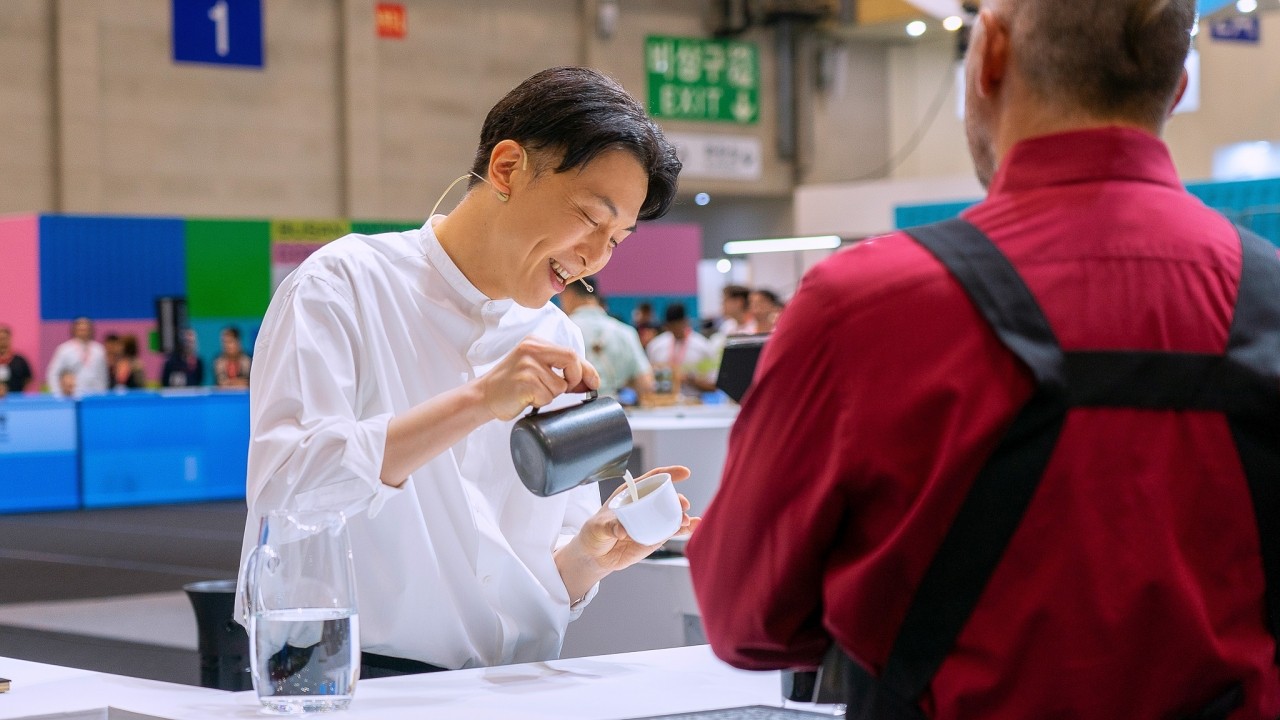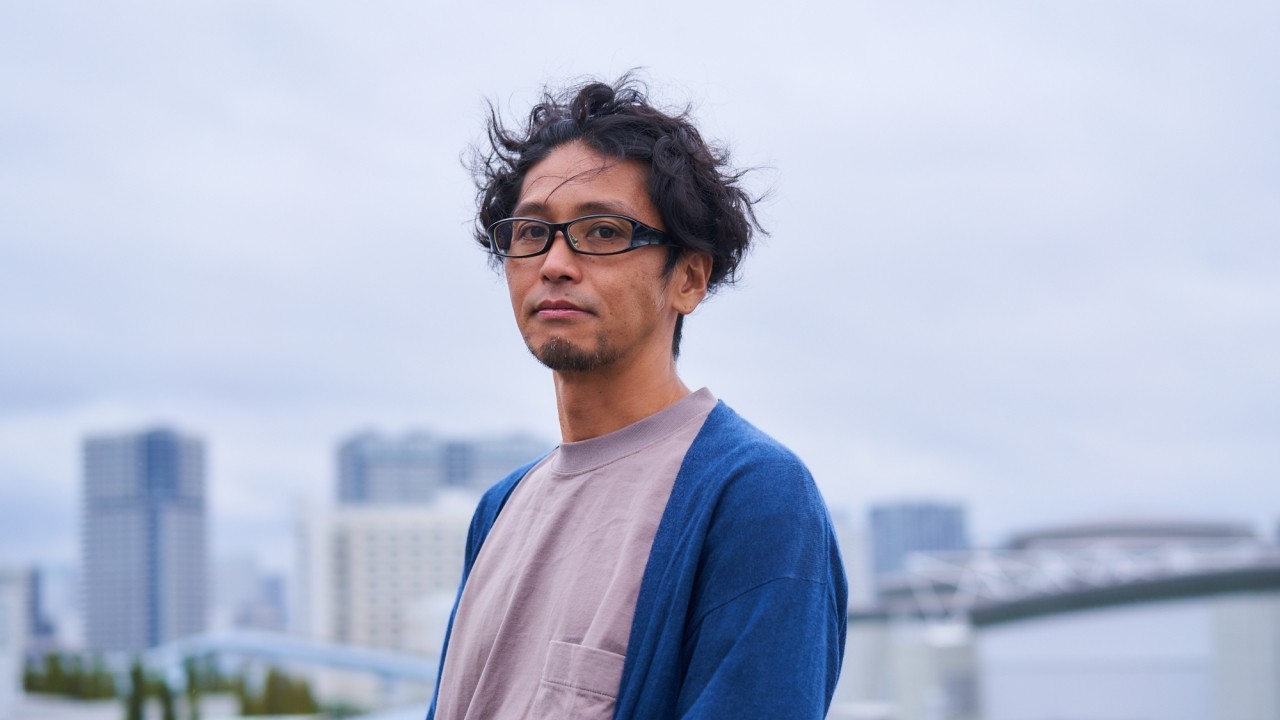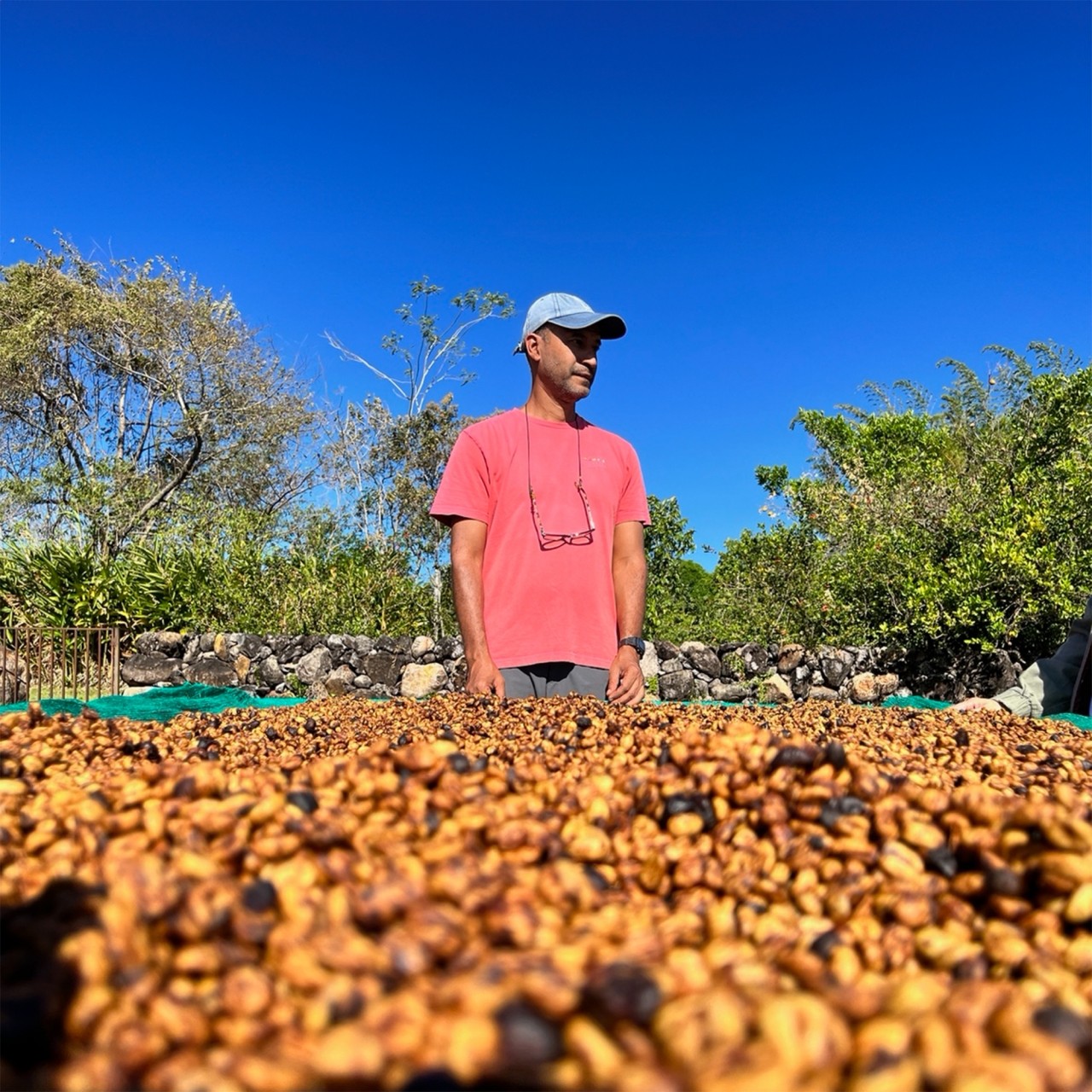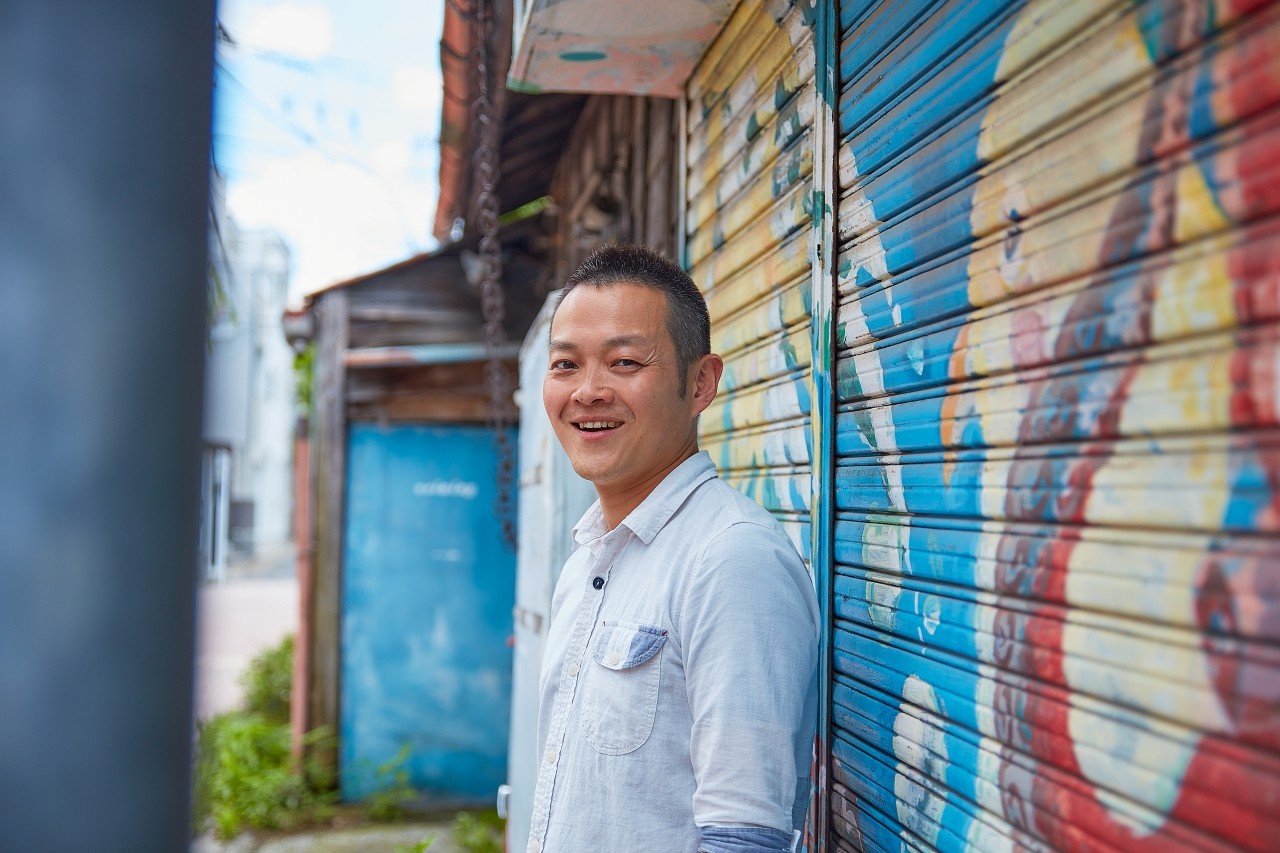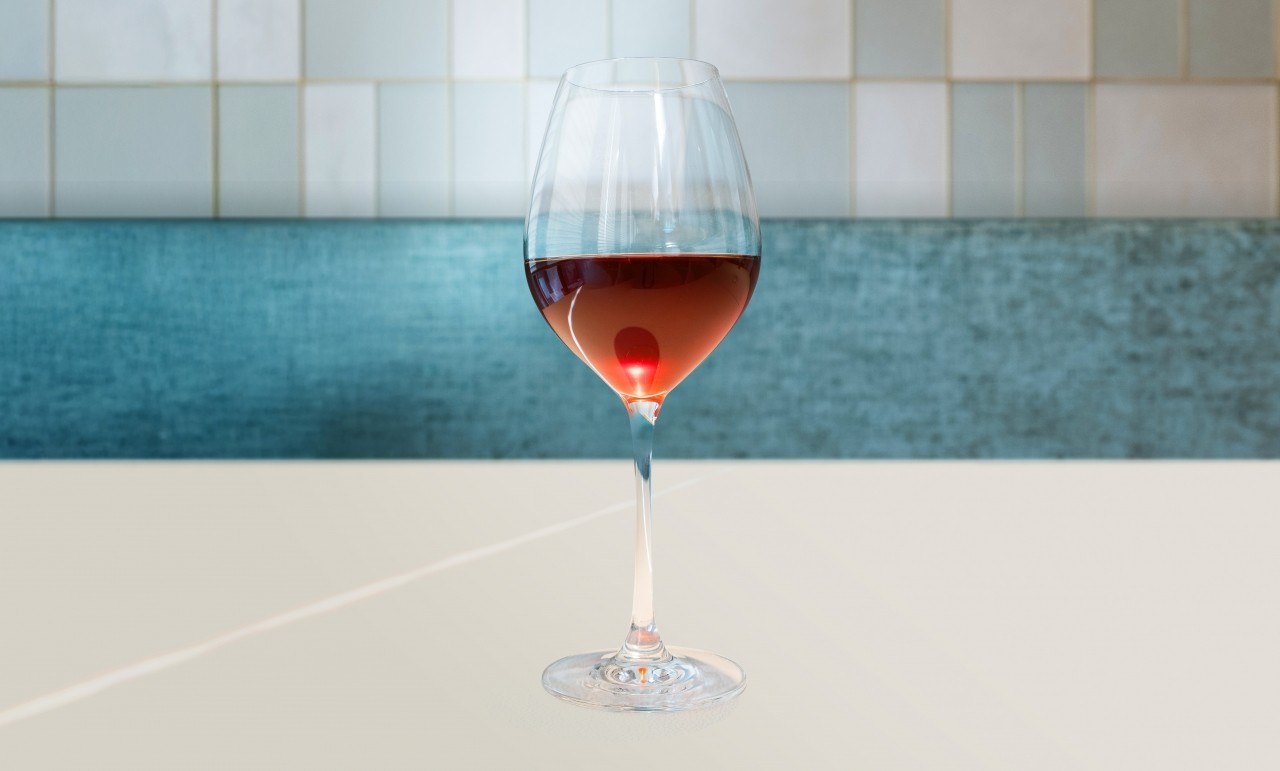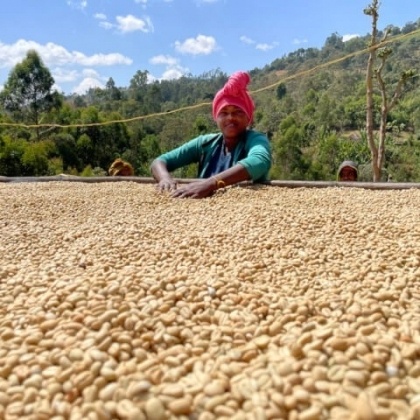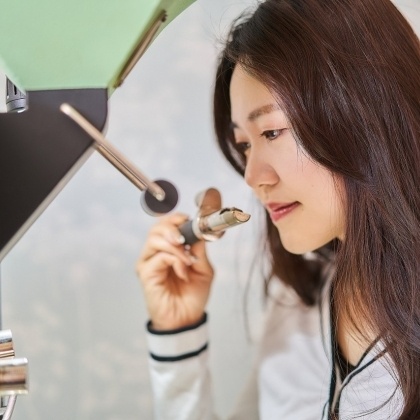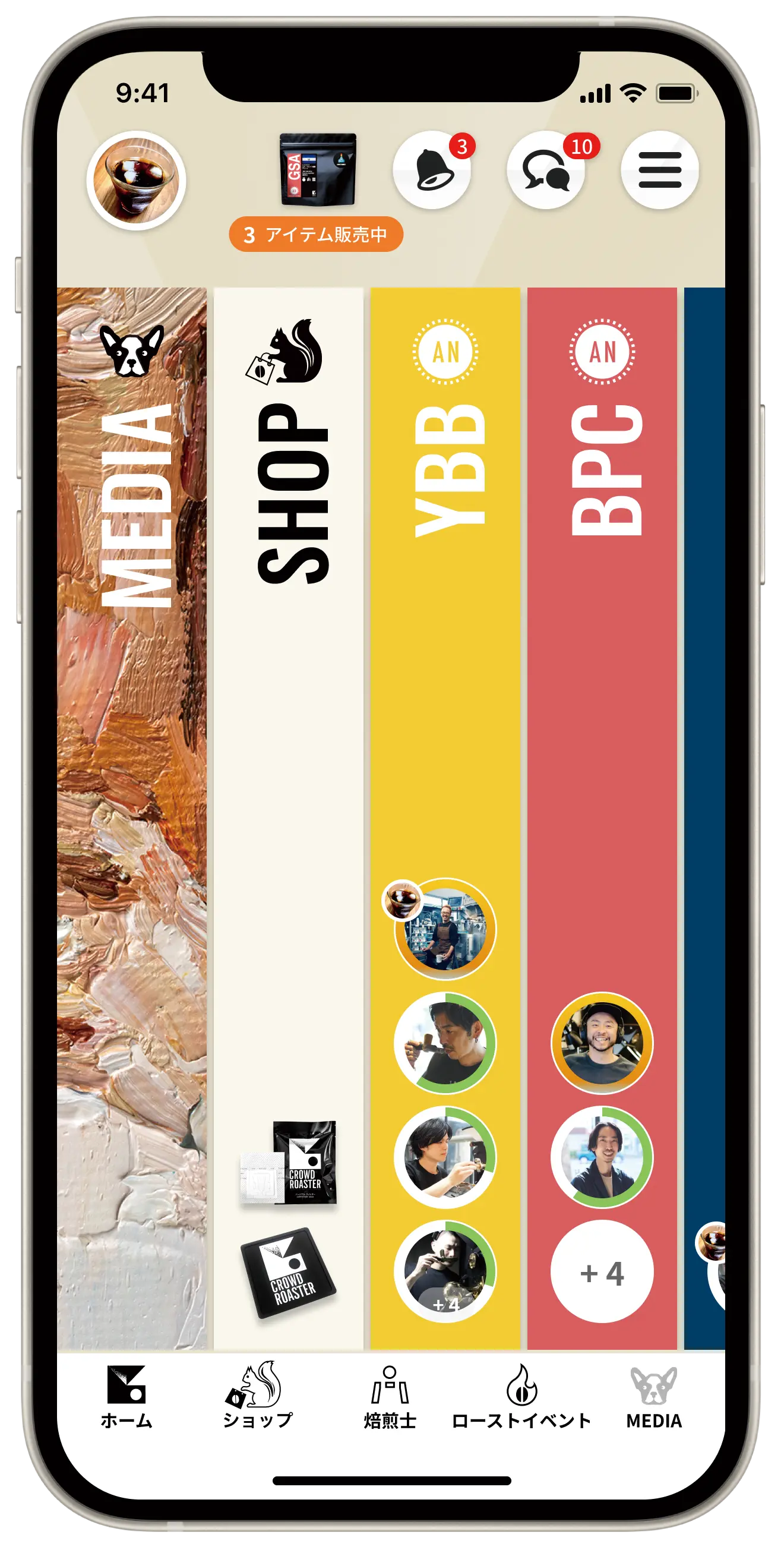What are the JBC and JBrC competitions? An explanation of the competitions that compete in coffee making techniques
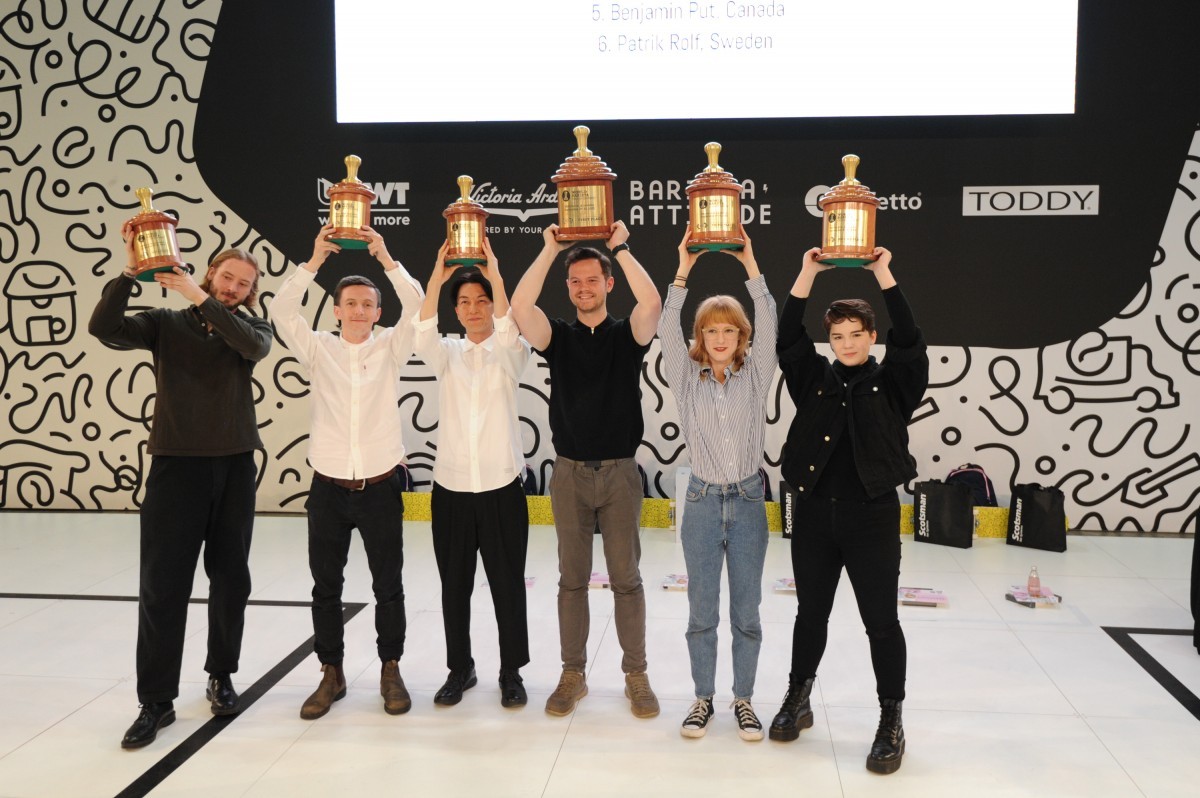
Winners of the 2022 WBC (World Barista Championship). Barista Ishitani came in 4th place.
There are now many competitions being held in different genres to compete in coffee-related skills.
Here's an introduction to what the tournament has to offer.
The most well-known and longest-running competition is the one in which baristas compete against each other in skill. Many people have probably seen baristas give spectacular presentations.
In addition to the various types of extraction, competitions to compete in roasting techniques have also become popular in recent years.
Roaster Yoshiyuki Nakamura , who is a participant of CROWD ROASTER , won the Japanese roasting competition, and qualified to compete in the world competition, where he came in second place. There are also competitions where you can qualify to compete in the world competition if you win the Japanese competition, as barista Takayuki Ishitani, who is also an advisor, came in fourth place in the world competition as a representative of Japan.
Here we will introduce some of the major sporting events in Japan.
Various competitions held in Japan
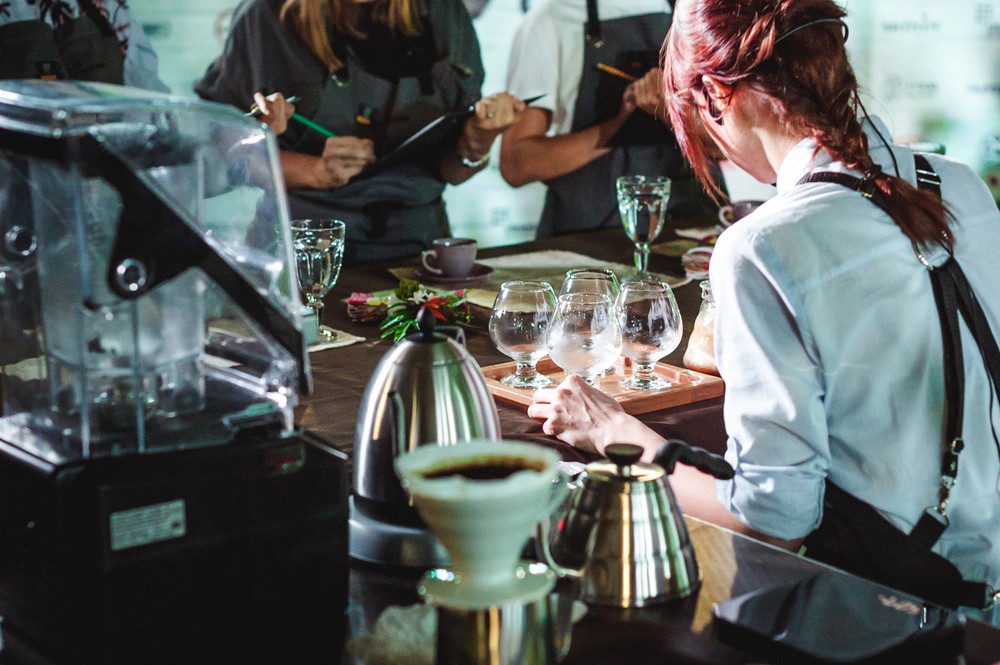
Currently, the largest global conference in the field of coffee is the World Coffee Events (WCE), organized by the Specialty Coffee Association (SCA), a merger of the Specialty Coffee Associations of Europe and America.
To participate in the competition held there, you must win a national competition recognized by the WCE in your country.
In Japan, official competitions are organized by the Specialty Coffee Association of Japan (SCAJ), and there are eight competitions held by the SCAJ:
Many of them are held as qualifying tournaments for the WCE tournaments, but there are also competitions unique to Japan.
Barista <JBC>
The Japan Barista Championship is a competition to determine the best barista, with the winner qualifying to compete in the WBC (World Barista Championship).
Competitors will serve three types of beverages to the judges within the time limit: espresso, milk beverage, and signature beverage.
Not only the taste but also the originality of the original drink, the movements with the espresso machine and the presentation are evaluated. If you win the regional qualifying rounds, you can participate in the final competition held once a year.
Latte art <JLAC>
The Japan Latte Art Championship started in 2009 as a competition with rules similar to those of the SCAE World Latte Art Championship held in Europe (now a competition organized by the WCE), and the winner earns the right to compete in the world championships.
Competitors will be judged on the quality of their latte art and their performance in providing free pour lattes and designer lattes within the time limit.
Filter Extraction <JBrC>
The Japan Brewers Cup is a competition in which participants compete in manual extraction techniques such as paper drip, cloth drip, French press, and aeropress.
This also qualifies you to compete in the world tournament, WBrC (World Brewers Cup).
In the "Required Service" section, official roasted beans are used for a taste evaluation, and in the "Open Service" section, roasted beans brought by the contestants are extracted and a presentation is given.
The 2022 champion is Hikaru Ono ( Brewman Tokyo ), who works as a roaster at CROWD ROASTER .
Cupping <JCTC>
The Japan Cup Tasters Championship is a competition to test cupping techniques, which also serves as a qualifying tournament for the global competition WCTC (World Cup Tasters Championship).
Participants are asked to guess one different coffee from three cups, one question per minute, for a total of eight questions, and the person who answers the most correctly (or the one with the shortest time if the number of correct answers is the same) wins.
The 2022 champion is SHOMA ISHIHARA (TRUNK COFFEE), a participating roaster at CROWD ROASTER .
Roasting <JCRC>
The Japan Coffee Roasting Championship is a competition to test roasting techniques and is held in accordance with the rules of the global competition WCRC (World Coffee Roasting Championship). The winner will be eligible to compete in this competition.
The process involves steps such as green bean evaluation, sample roasting, submission of a roast plan, and final roasting, and tests are conducted on the ability to evaluate green and roasted beans, and whether the roast has produced the flavor planned.
The 2019 champion was Masakuni Sakata ( KOTO COFFEE ROASTERS ), a participating roaster from CROWD ROASTER , and the winner in 2017 and 2022 was the aforementioned Yoshiyuki Nakamura ( mamepolepole )!
Coffee Cocktail <JCIGSC>
The Japan Coffee in Good Spirits Championship is a competition for original coffee cocktails made by adding whiskey or spirits to coffee. It was originally held by the European Specialty Coffee Association, which decided to hold a Japan tournament to select the representative. Participants compete with two Irish coffees and two hot or cold alcohol-based designer drinks using coffee.
These are the competitions that qualify you to compete in the WCE World Championships. The WCE also holds one more event, the World Jazz Bass Ibrik Championship (WCIC), a competition for unfiltered brewing equipment seen in the Middle East (which also includes Turkish coffee), but there is no competition in Japan.
Siphon extraction <JSC>
The Japan Siphonist Championship was established in 2003 as the siphon division of the Barista Championship, and changed to its current name in 2007. Participants compete in the technique of siphon-brewing two types of blended coffee, one of which is an original signature beverage made using the blended coffee.
This is a competition unique to Japan, and since 2009 the Japan Association has been hosting the World Siphonist Championship (WSC), a global competition.
Hand drip <JHDC>
The Japan Hand Drip Championship is a competition to test hand drip techniques, competing in the extraction techniques of designated roasted beans. This is also a competition unique to Japan, with preliminary tournaments held in each region, and the winner of each regional preliminary will be able to perform in the final competition.
Tournaments not sponsored by SCAJ
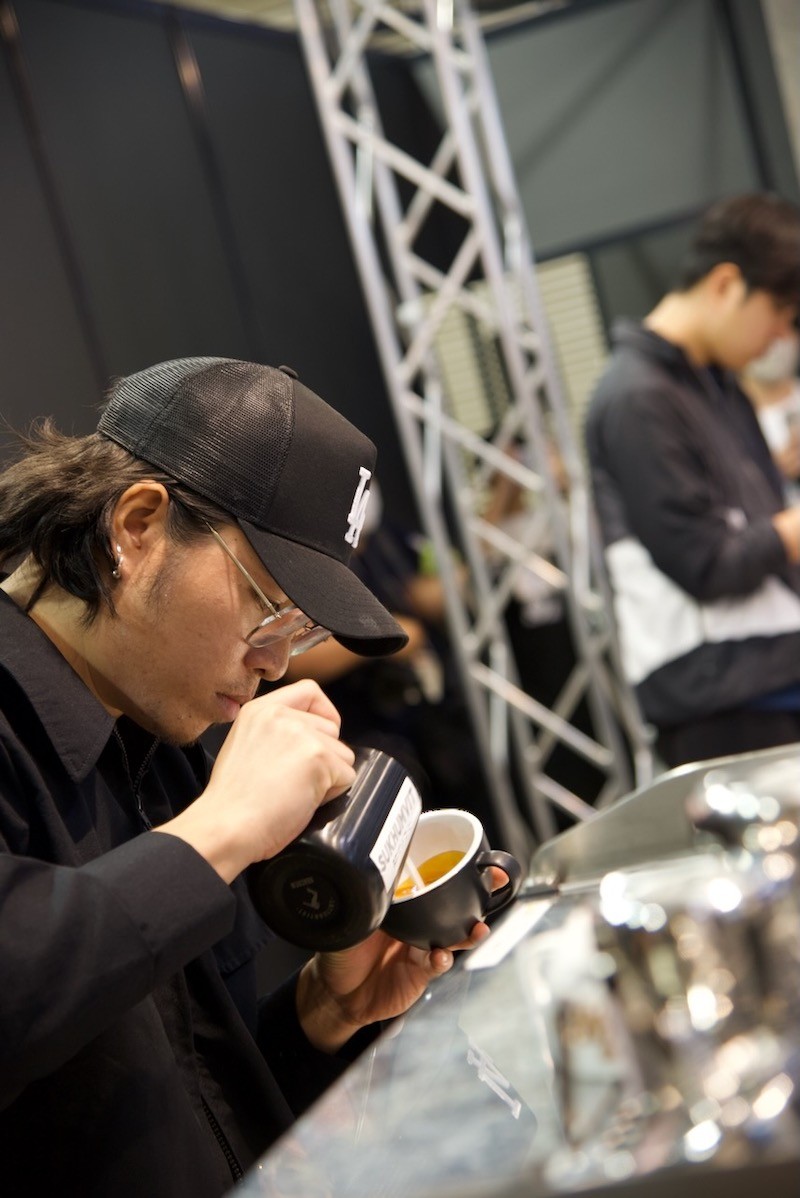
Of course, there are many other competitions held in addition to the WCE, including the Free Pour Latte Art Grand Prix hosted by the Japan Latte Art Association.
This competition is a contest to test the skills of free pouring, which does not require any equipment other than a milk pitcher. While other WCE competitions tend to evaluate the contestants' presentation skills, this competition is purely evaluating the latte art as a work of art.
Each competition has different evaluation criteria and may have different compatibility with competitors, but the goal remains the same: to provide an objective evaluation and to improve the technical level of each field.
CROWD ROASTER will also be supporting other roasting competitions.
We would like to support the athletes as they take on challenges in every tournament.
We would like to support the athletes as they take on challenges in every tournament.
2024.4.17
CROWD ROASTER
If you want to enjoy coffee more deeply
" CROWD ROASTER APP"
Manabu at CROWD ROASTER LOUNGE
・Push notifications for article updates・Full of original articles exclusive to CROWD ROASTER
・Direct links to detailed information about green beans and roasters
App-only features
- Choose green beans and roasters to create and participate in roasting events・CROWD ROASTER SHOP: Everything from beans to equipment is readily available
・GPS-linked coffee map function
